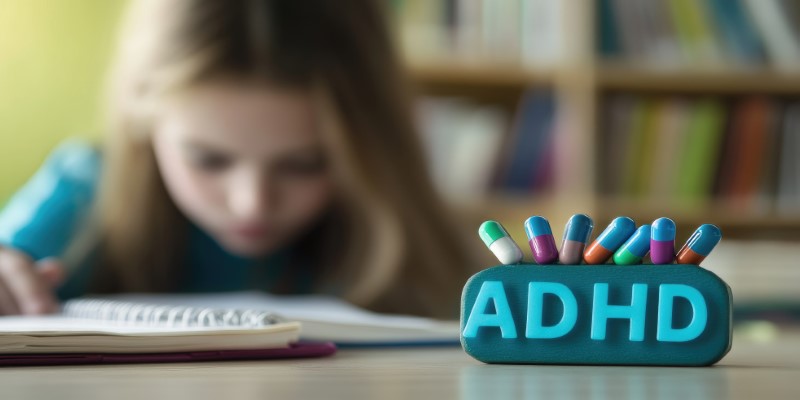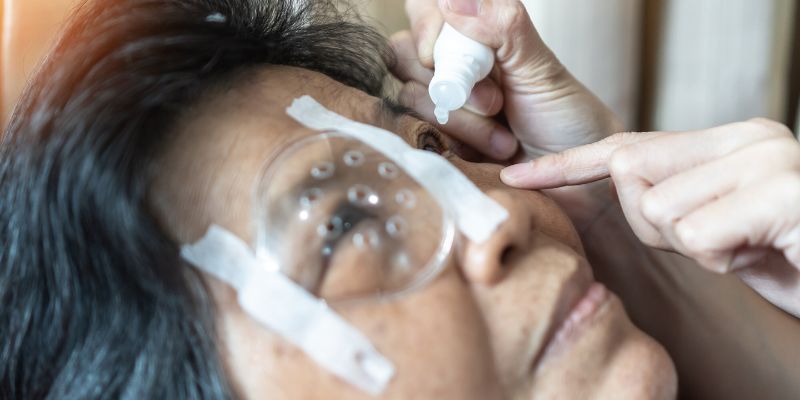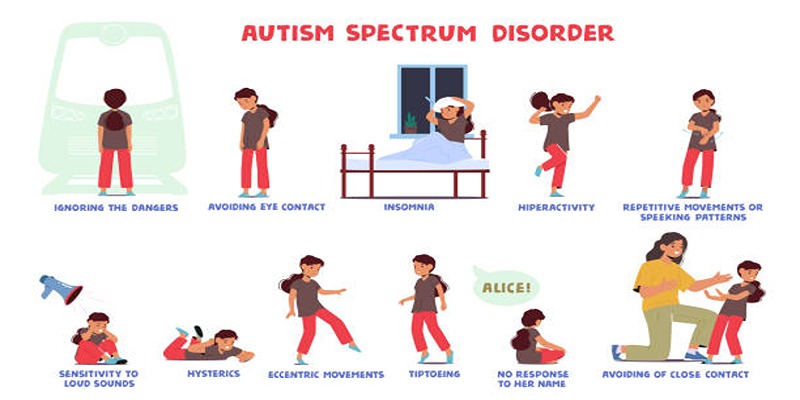2024 Guide to ADHD Treatments: Medications, Therapy, and Beyond
Living with ADHD often feels like navigating chaosconstant distractions, misplaced priorities, and an overwhelming sense of disorganization. However, finding ways to manage ADHD is increasingly possible with the right mix of treatments. Over the past few years, research has reshaped how we approach ADHD, and in 2024, treatment is no longer limited to medications alone.
Todays methods include behavioral therapies, lifestyle changes, and cutting-edge innovations like neurofeedback and personalized medicine. Whether youre a parent guiding a child or an adult managing your own ADHD, the growing range of treatment options offers new hope for managing symptoms and living well.
ADHD Management: Medications, Therapies, and Lifestyle Approaches
In 2024, treatments for ADHD continue to evolve, offering a wide range of options from traditional medications to newer non-stimulant drugs. Additionally, behavioral therapies, cognitive training, and even mindfulness practices are proving to be effective ways to manage ADHD symptoms.
Medications for ADHD: A Pillar of Treatment
Medications remain one of the most effective ways to manage ADHD symptoms. In 2024, both stimulant and non-stimulant medications continue to play a central role in ADHD treatment. Stimulants such as methylphenidate (Ritalin) and amphetamines (Adderall) have long been the most prescribed medications for ADHD. These drugs help increase concentration and reduce impulsive behaviors by enhancing the activity of neurotransmitters like dopamine and norepinephrine.
Non-stimulant medications, like atomoxetine (Strattera), have also gained popularity. These options tend to have fewer side effects related to sleep and appetite. They are often prescribed to individuals who do not respond well to stimulants or have co-occurring conditions. In fact, 2024 has seen the approval of Onyda XR, a liquid non-stimulant medication that expands the options available, particularly for children and those with swallowing difficulties.
Each type of medication comes with its own set of benefits and potential side effects, which makes ongoing consultation with a healthcare provider critical. Finding the right medication and dosage can take time, and its essential to monitor how each individual responds to treatment.
Behavioral Therapies: Building Lifelong Skills
While medications are often the first line of treatment, behavioral therapies are a crucial component of a comprehensive ADHD management plan. Cognitive-behavioral therapy (CBT) helps individuals with ADHD develop skills to manage their symptoms. CBT focuses on restructuring thought patterns and teaching coping strategies to handle distractions, manage time, and regulate emotions.

Parent training in behavior management has been particularly effective for children. This approach equips parents with techniques to encourage positive behaviors and discourage disruptive ones. These training programs often include strategies like setting clear expectations, using rewards, and maintaining consistency in discipline. When combined with medication, behavior therapy can significantly improve a child's ability to function at home and school.
In classrooms, behavioral interventions such as structured routines and clear instructions have been shown to help students with ADHD thrive. Peer-based interventions are another emerging approach, where children with ADHD learn social skills and self-regulation by interacting with their peers under the guidance of a facilitator.
Lifestyle and Holistic Approaches: Complementing Traditional Treatments
Beyond medication and therapy, lifestyle adjustments are increasingly recognized as important in managing ADHD. A balanced diet rich in nutrients like omega-3 fatty acids can help improve focus and behavior. Regular physical activity is also known to alleviate ADHD symptoms by promoting brain health and reducing anxiety.
Emerging research suggests that neurofeedback and mindfulness meditation can also be helpful in managing ADHD symptoms. Neurofeedback involves training the brain to improve focus and reduce hyperactivity by monitoring brain waves in real-time. While still relatively new, some studies have shown promising results, particularly for individuals who may not respond well to medications.
Similarly, mindfulness-based practices help individuals with ADHD develop greater awareness of their thoughts and behaviors. This approach can reduce impulsivity and improve emotional regulation, offering a more holistic way to manage symptoms.
New Developments in ADHD Treatment for 2024
This year brings some exciting advancements in ADHD treatment. Alongside the approval of Onyda XR, clinical trials are ongoing for centanafadine, a novel non-stimulant drug. The diversity in medication options is crucial as not all individuals with ADHD respond the same way to treatment, and personalized medicine is becoming more prominent.

Moreover, the landscape of ADHD treatment is evolving to include a greater focus on co-occurring conditions like anxiety and depression. New guidelines set to be released in late 2024 emphasize the importance of addressing emotional dysregulation in ADHD patients, particularly adults who may experience emotional symptoms differently from children.
ADHD treatment is not limited to medication alone, especially as therapies like neurostimulation, cognitive training, and even virtual reality-based interventions are being explored. These therapies aim to enhance attention, working memory, and executive functioningkey areas where individuals with ADHD often face challenges.
The Importance of an Individualized Approach
One of the most important lessons from recent research is that ADHD is highly individualized. What works for one person may not work for another, making it essential to explore various treatments and combinations of interventions. Some individuals may benefit from a medication-first approach, while others may thrive with behavioral therapy as their primary treatment.
The success of ADHD treatment often hinges on the involvement of multiple caregivers and professionals, including healthcare providers, teachers, and family members. Close collaboration ensures that interventions are tailored to each individual's unique needs, with adjustments made as necessary.
Conclusion
As of 2024, ADHD treatment options have expanded significantly, offering more personalized and effective ways to manage symptoms. With new medications like Onyda XR, alongside established therapies such as cognitive-behavioral therapy and emerging approaches like neurofeedback and mindfulness, individuals with ADHD now have more tools than ever to find the right combination for their needs.
This era of personalized medicine acknowledges that each person's ADHD experience is unique, emphasizing the importance of tailored, flexible treatment plans. With ongoing research and advancements, the outlook for managing ADHD has never been more promising.











